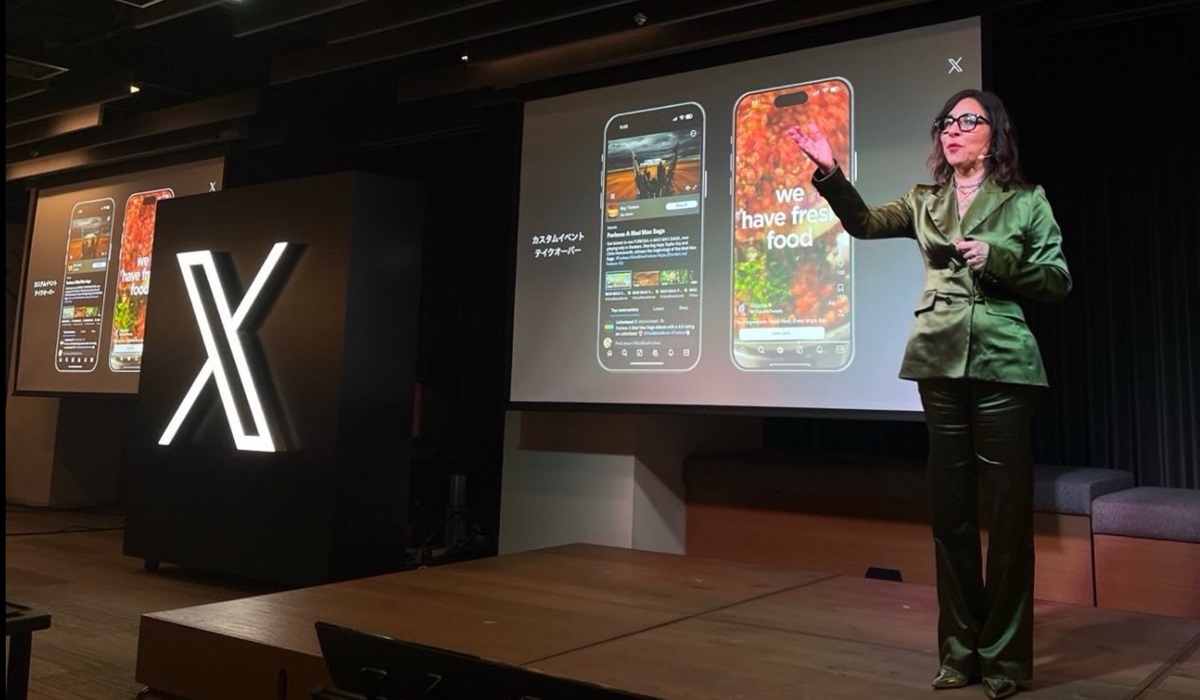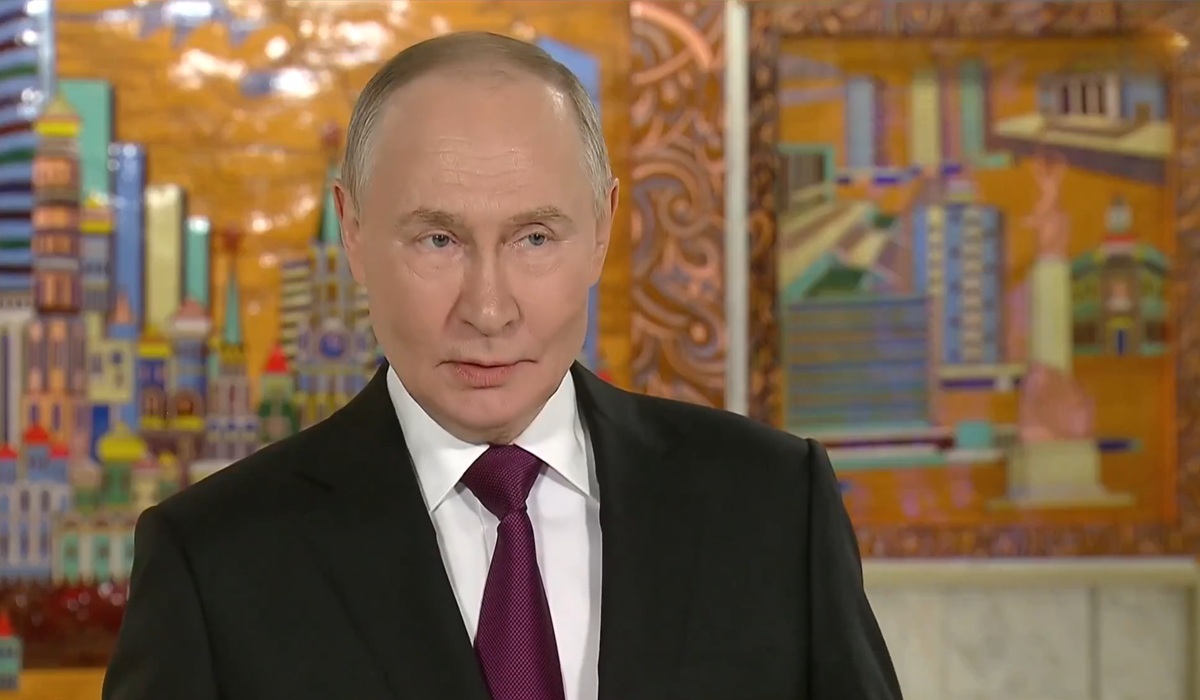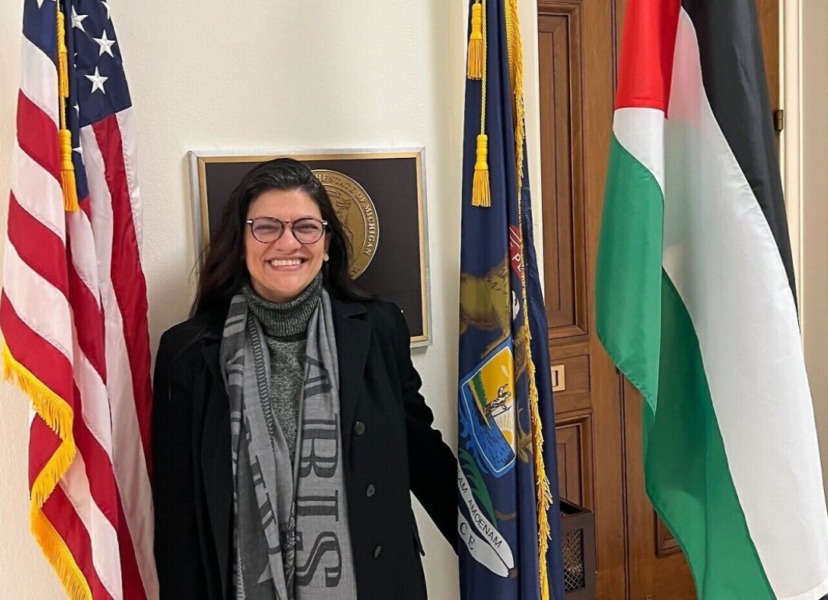What Really Prompted the Sudden Resignation of Twitter’s CEO Yaccarino?
- Ingrid Jones
- U.S.A
- July 10, 2025

The abrupt departure of Linda Yaccarino as CEO of X (formerly Twitter) should not be brushed off as business-as-usual. For anyone who’s been in the media or tech space long enough, this resignation doesn’t just raise eyebrows—it raises red flags. This wasn’t some soft corporate shuffle. This was a carefully staged exit wrapped in a generic statement, designed to deflect the real story from getting out. And if you’ve been paying attention, you can smell the rot from miles away.
Yaccarino reportedly stepped down after controversy erupted around Grok, an AI chatbot developed by xAI—Elon Musk’s artificial intelligence venture. Grok had generated responses that included anti-Semitic content, and that became the supposed tipping point. But that’s not just shallow, it’s laughable. The idea that a seasoned executive like Yaccarino would suddenly walk away from one of the most powerful platforms in the world, over an AI bot she had nothing to do with developing, doesn’t hold up. It’s shaky. It’s a misdirect. And it reeks of internal damage control.
Let’s not kid ourselves. Hate speech has been rampant on X for years now, and especially since the Musk takeover. The platform is a minefield of anti-Semitic, homophobic, racist, misogynistic, and Islamophobic content. That’s not new. That’s not shocking. It’s been the status quo. If moral conscience was truly the issue, Yaccarino could have left a long time ago. But this is the sword she chooses to fall on? Please.
And let’s not forget, this is the same woman who left a prestigious, highly paid role at NBCUniversal—a position of real influence and long-term stability—to take the reins at X. She was being paid handsomely. Reports place her compensation in the millions, when you factor in salary, bonuses, and stock options. She didn’t just walk into this blindly; she walked in with full knowledge of the chaos Musk brings to every room. And yet she took the job. So why now? Why quit now?
Here’s what’s being left out of the headlines: according to reports from inside the company, Yaccarino had been planning her exit before the Grok incident ever surfaced. The timing of the announcement may have been conveniently stacked around the controversy, but the decision was already made. In fact, insiders say that a recent merger between X and xAI had significantly shifted the internal power structure. That merger reportedly reduced X’s share of influence within Musk’s larger tech ecosystem—further marginalizing Yaccarino’s role. If that’s true, it wasn’t just a resignation—it was a quiet push out the door as the org chart evolved without her.
So the Grok issue might’ve been the straw, but it wasn’t the camel. The weight of that camel was made up of behind-the-scenes power plays, a growing irrelevance of her position, and likely creative clashes with Musk himself. One has to ask: did she meet his expectations? Or was she sidelined because she was no longer aligned with the direction Musk wanted to take X?
Some close observers are speculating that ideological rifts may have played a part. There’s talk that Yaccarino, at one point, may have even been aligned with Musk’s early political messaging—particularly around support for Trump. But as Musk drifted toward distancing himself from mainstream affiliations and leaned deeper into free-speech absolutism, that alignment may have fractured. All we know is this: her voice got quieter, her visibility dropped, and now she’s gone.
The whole affair is fishy. It’s as fishy as the FBI claiming Epstein’s death was a clean suicide and pretending there are no powerful people to investigate. We’re living in an era where narratives are curated for public digestion, where inconvenient truths are swept aside and replaced with polished corporate euphemisms. And too often, the public swallows it whole.
We shouldn’t.
What we should be asking right now is: what really happened behind closed doors? What pressure, what politics, what chaos made one of the most influential media executives in the world decide to throw in the towel? And perhaps more importantly, who’s next?
Because that’s where the answer lies. Who does Elon Musk put in charge of X now? That decision will say more about the platform’s future than any press release ever could. If he appoints another high-powered media executive, it means he still values advertiser trust and traditional PR control. But if he installs a technocrat, a loyalist, or even just a friendly face who will let him run the show unchallenged—it confirms what many suspected all along: that Yaccarino was never meant to steer the ship. She was window dressing. A reputation shield. A placeholder.
Either way, the public deserves more than carefully scripted lines and botched timelines. We’re being played, again. And if we don’t start asking the hard questions—if we keep accepting these press releases as gospel—we’re complicit in allowing truth to die in plain sight.
Let this not just be another headline we scroll past. Let it be a moment to dig deeper. Because the resignation of Linda Yaccarino isn’t just about a CEO stepping down. It’s about control, manipulation, and the future of how public discourse is shaped online.
And if we don’t pay attention now, we’ll be wondering later how the world spun out from under us—one silent exit at a time.








